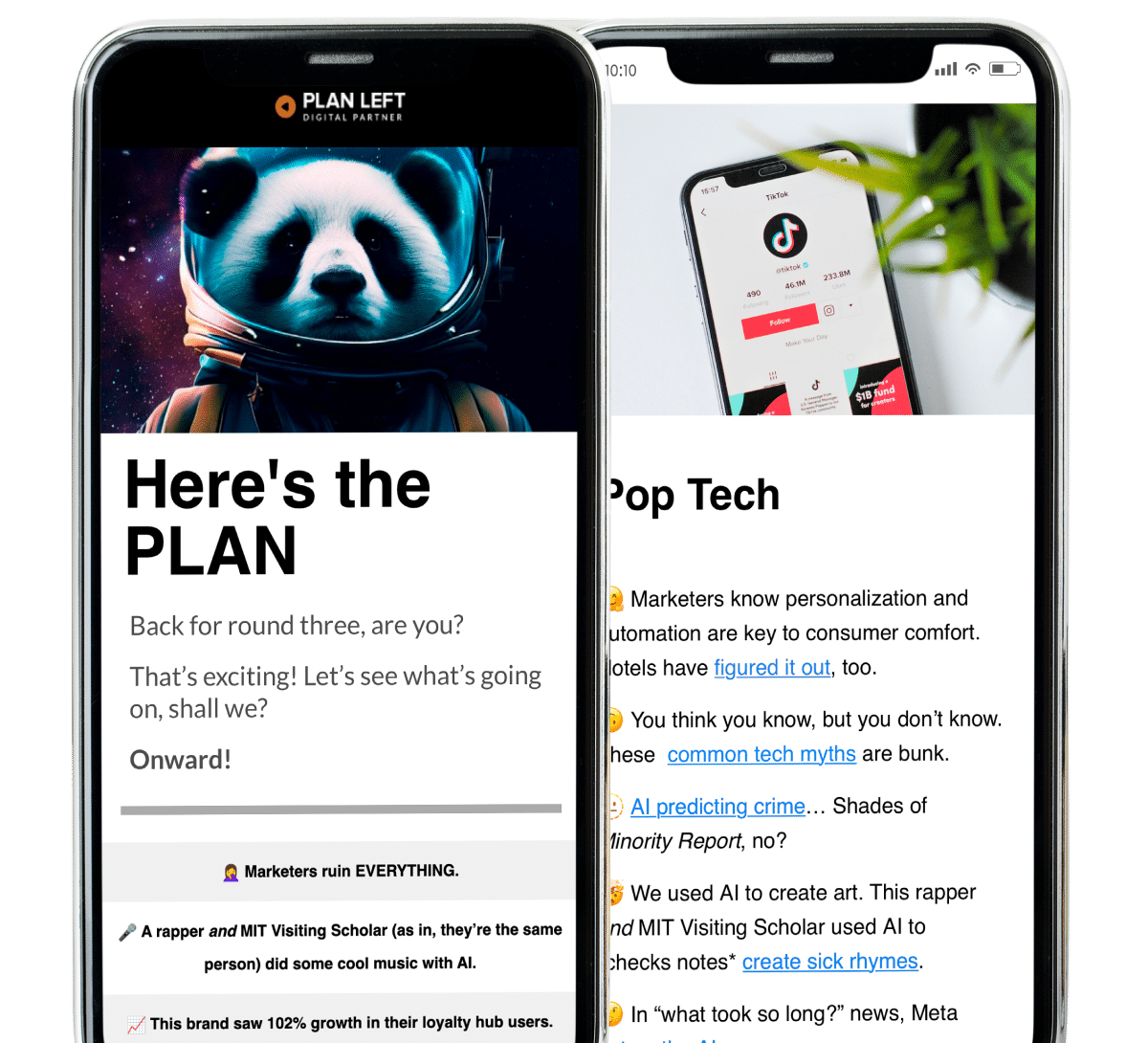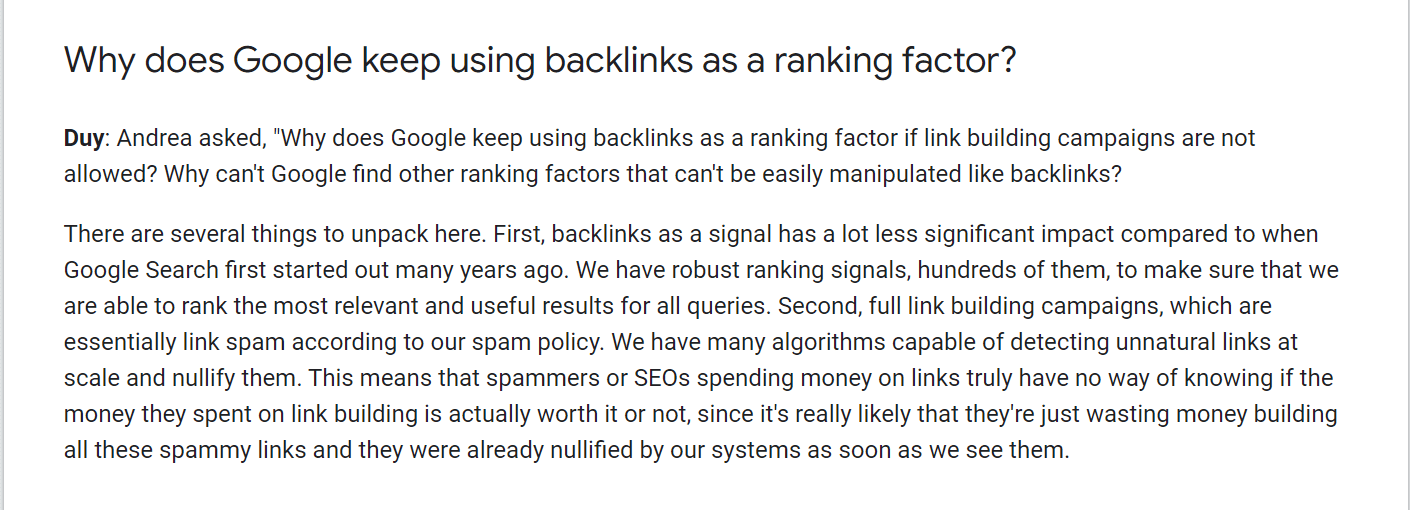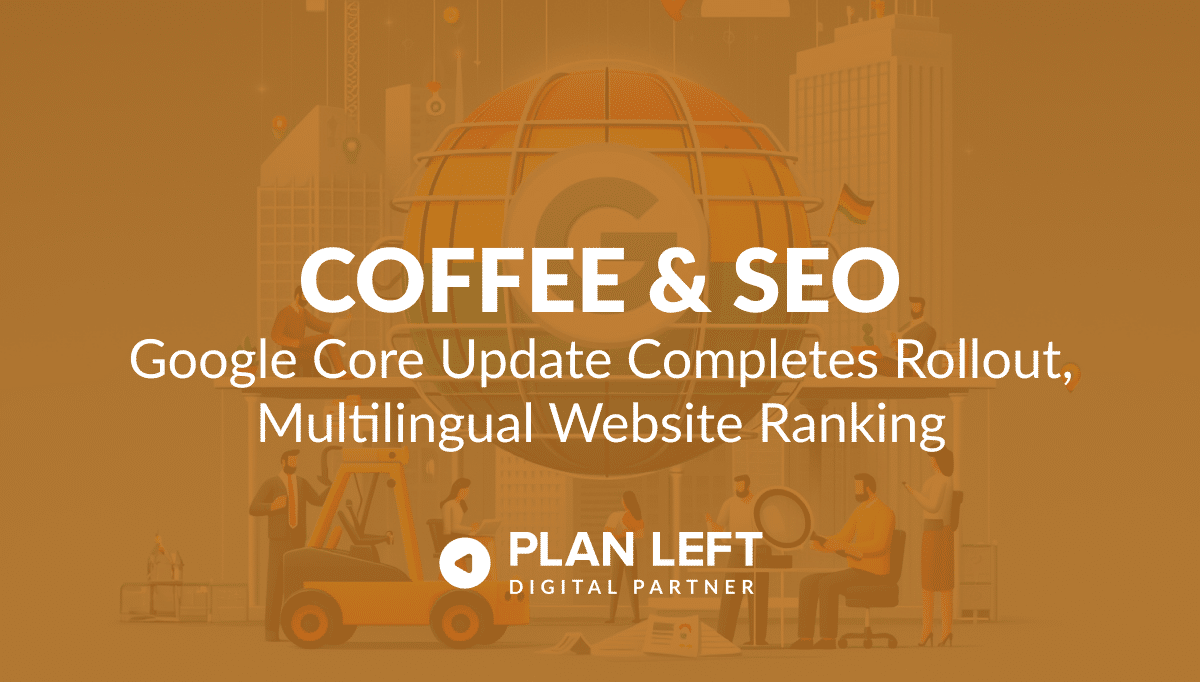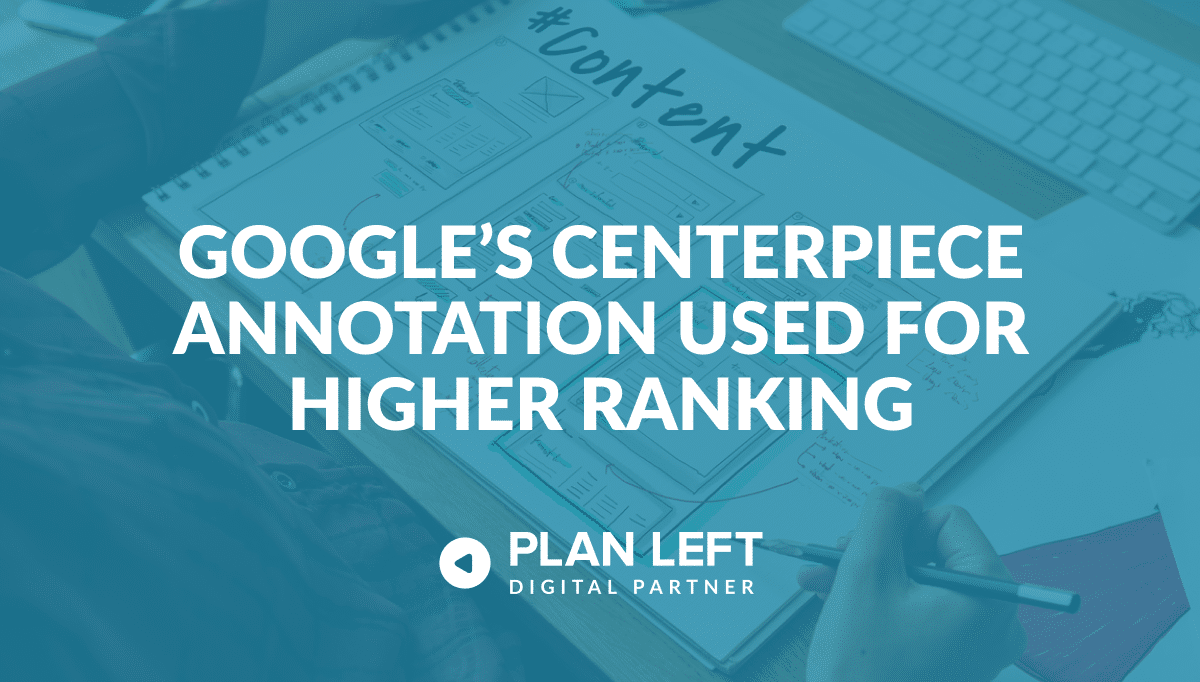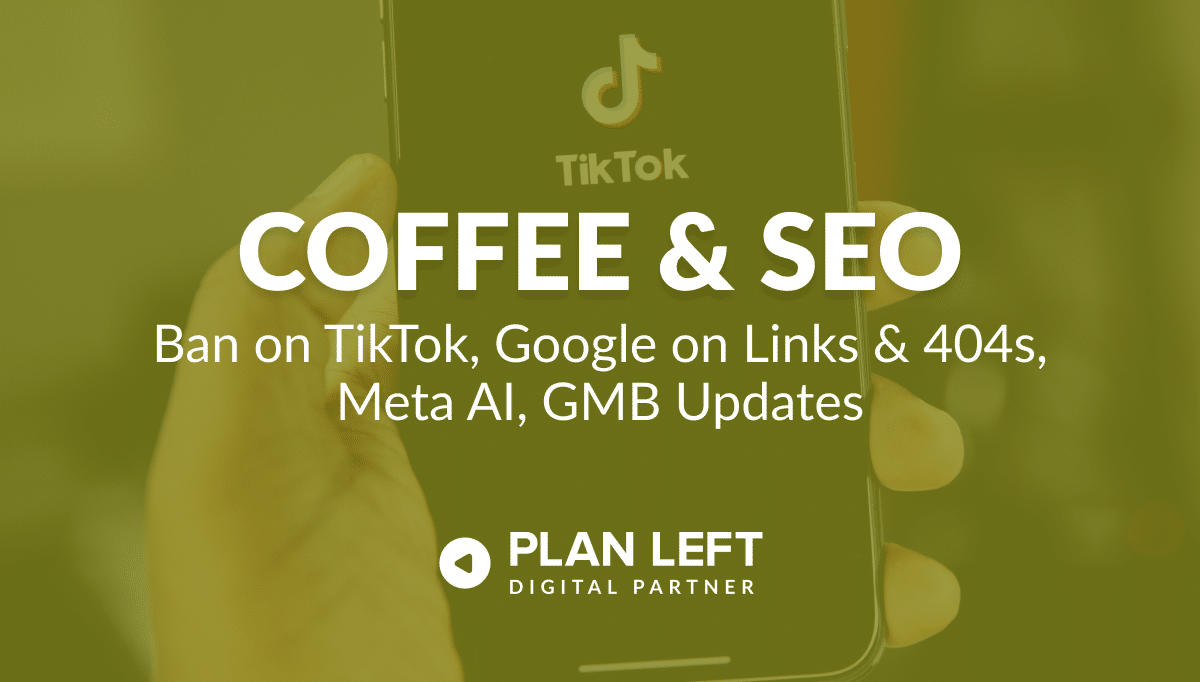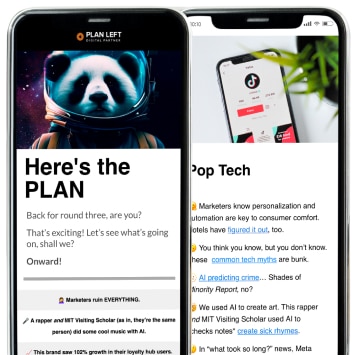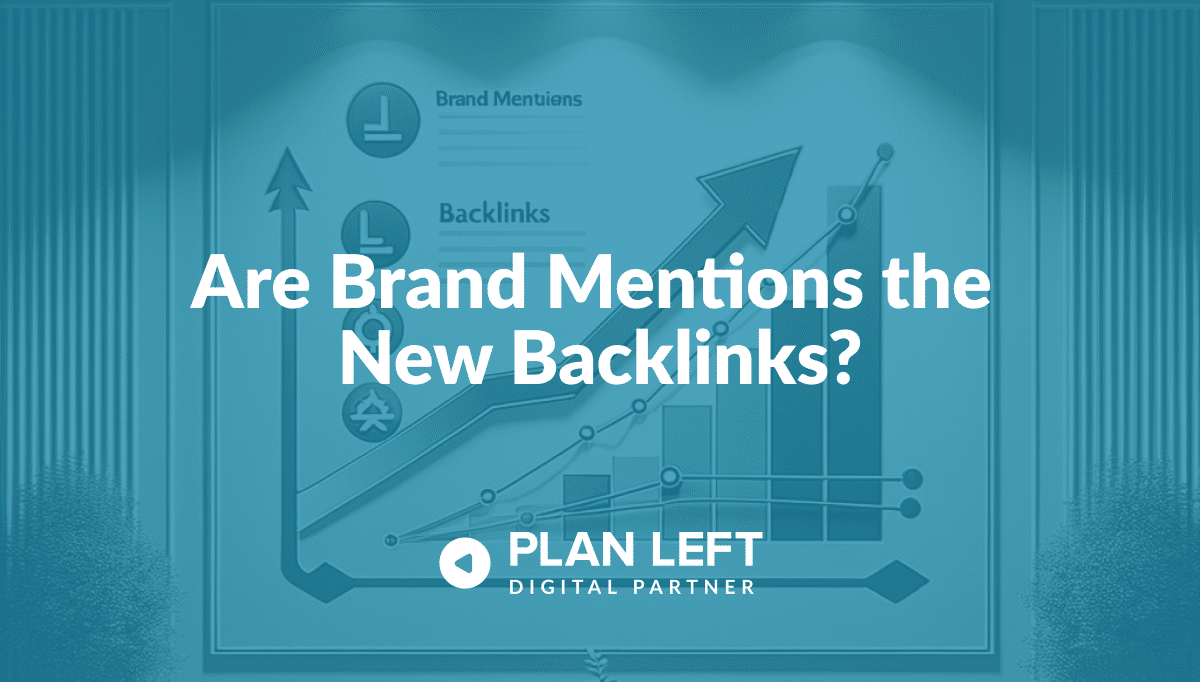
The dynamics between brand mentions and backlinks are shifting. As search engines become more sophisticated, understanding the nuances between these two elements is vital for digital marketers and SEO strategists. The intricate relationship between brand mentions and backlinks requires exploring their individual roles and how they collectively shape online presence and search engine rankings. Then…well, then it’s all about strategy.
Understanding Brand Mentions and Backlinks
The internet is a complex web of interactions and references. Two key elements in this web are brand mentions and backlinks, each playing a unique role in enhancing a website’s visibility and credibility.
First, let’s define what a brand mention and backlink are:
- Brand Mention: A reference to a brand or website without a direct link. It’s an acknowledgment of the brand in various digital contexts, such as social media, articles, or forums.
Backlink: A hyperlink from one website to another. Backlinks are crucial for SEO as they signal to search engines that others vouch for your content.
Insights from Google on Brand Mentions and Backlinks
Google’s algorithms now recognize the value of brand mentions. They are seen as a measure of a brand’s authority and relevance, similar to backlinks. While backlinks remain important, their role in SEO is changing. Google’s Gary Illyes and Bing’s Duane Forrester have both indicated that unlinked mentions can be as influential as traditional backlinks.
Google’s Duy Nguyen mentioned in 2022 that the impact of backlinks is not what it used to be, something that has been controversial in the SEO community, with those who hold backlinks as the ‘backbone’ of any good SEO strategy and those who say content is the foundation.
After the Helpful Content Updates, it’s clear to see which side of the debate Google lands on. But, if that isn’t clear enough, in September 2023, Gary Illyes came right out and said backlinks are no longer a top-three ranking signal.
Different Types of Links in SEO
Comprehending the nuances of different link types is imperative to crafting a successful strategy. This understanding hinges on two key terms derived from Google’s patent Ranking Search Results: ‘source resource’ and ‘target resource.’
- Source Resource: This is the webpage that contains the outbound link. It’s the starting point of the link. For example, if a blog post on ‘Blog A’ includes a link to another website, ‘Blog A’ is the source resource.
- Target Resource: This refers to the webpage that the link points to. It’s the destination of the link. In the above example, if ‘Blog A’ links to ‘Company B’s homepage, ‘Company B’s homepage is the target resource.
Understanding these terms is vital because they determine how link value (or “link equity”) is passed from one site to another, influencing SEO and rankings.
Building a Brand Mention Strategy
Brand mentions are a broader measure of a brand’s online presence and reputation, reflecting the changing dynamics of search engine algorithms and user engagement. Developing a strategy that effectively leverages brand mentions significantly enhances your SEO efforts.
A well-crafted brand mention strategy, which effectively leverages both ‘source’ and ‘target’ resource links, significantly enhances your SEO efforts.
Tips for building a brand mention strategy:
Monitor Brand Mentions
- Utilize Monitoring Tools: Employ tools like Semrush or Google Alerts to track where and how your brand is mentioned online, focusing on both the ‘source’ (where your brand is mentioned) and the ‘target’ (links leading to your content).
- Identify Opportunities: Look for ‘source’ resources that mention your brand but don’t link to you. These are potential opportunities to convert mentions into valuable ‘target’ resource links.
Engage with Mentions
- Foster Relationships: Actively respond to mentions, building relationships with the ‘source’ resource authors or platforms.
- Convert Mentions to Links: Where appropriate, engage in conversations that could lead to converting a mention into a direct ‘target’ link, enhancing your link profile.
Content Creation
- Create Link-Worthy Content: Develop high-quality, shareable content that naturally encourages both mentions and links.
- Target Resource Focus: Make sure your content is valuable enough that ‘source’ resources want to link directly to it, making it a ‘target’ resource.
Leverage Social Media
- Boost Online Visibility: Use social media platforms like Quora and Reddit to increase your brand’s visibility, encouraging both mentions and links.
- Engage with Audiences: Regular interaction on social media turns followers into ‘source’ resources that mention and link to your brand.
Influencer Partnerships
- Collaborate for Wider Reach: Partner with influencers who act as ‘source’ resources, mentioning and linking to your brand.
- Strategic Content Sharing: Work with influencers to share your content, making it a ‘target’ resource for their audience.
Partner with Plan Left for Proven SEO Strategies
Ready to navigate the complex world of SEO and enhance your brand’s online presence? Contact Plan Left for guidance and support that stems from years of experience in crafting an effective brand strategy. Our team of knowledgeable professionals delivers proven results, making sure your brand achieves its full digital potential. Reach out to Plan Left today and embark on a journey to SEO success.
Explore Latest Posts
Google updated its documentation around troubleshooting the loss of website rank after the Core update completed its rollout, along with ... read more
May 3, 2024
Back in 2021, Google’s Martin Splitt mentioned Centerpiece Annotations during a Duba webinar, and earlier this month, Gary Illyes mentioned ... read more
April 30, 2024
Since the last round of Core and Spam updates knocked nearly 40% of websites out of Google’s search index, it ... read more
April 26, 2024
MARKETING insights
Join the Thousands Who Receive Our Twice-Monthly Newsletter.
It's hard to keep up. Our newsletter is packed with buyer behavior insights, the latest marketing and technology updates, work/life balance tips, and—because we ❤️ our support staff—adorable pets looking for forever homes. Only twice per month. No clogged inboxes. You can't say no.
